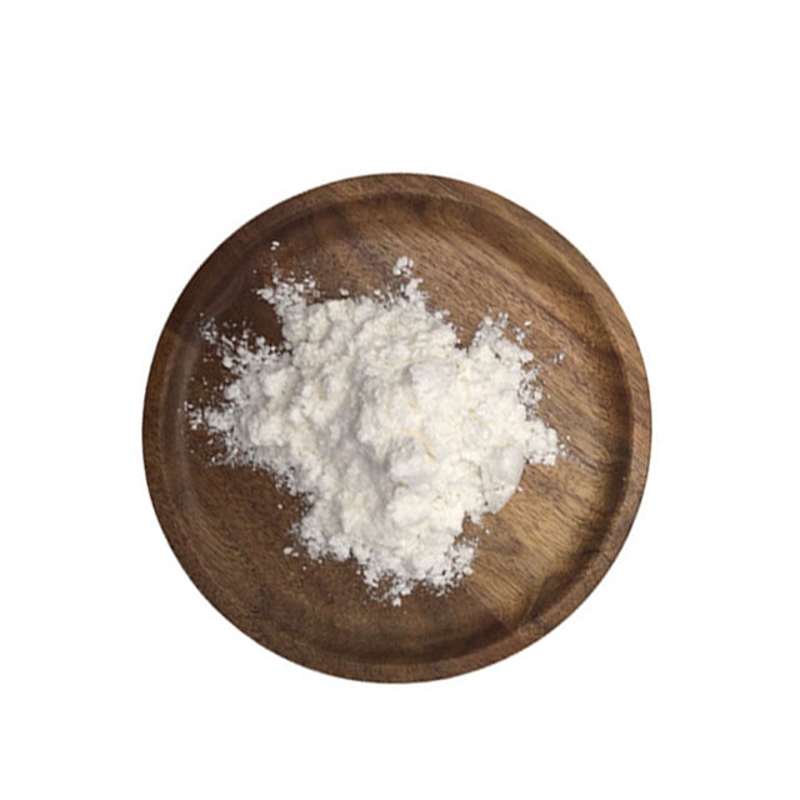-
Categories
-
Pharmaceutical Intermediates
-
Active Pharmaceutical Ingredients
-
Food Additives
- Industrial Coatings
- Agrochemicals
- Dyes and Pigments
- Surfactant
- Flavors and Fragrances
- Chemical Reagents
- Catalyst and Auxiliary
- Natural Products
- Inorganic Chemistry
-
Organic Chemistry
-
Biochemical Engineering
- Analytical Chemistry
- Cosmetic Ingredient
-
Pharmaceutical Intermediates
Promotion
ECHEMI Mall
Wholesale
Weekly Price
Exhibition
News
-
Trade Service
Abdominal water is the most common complication in patients with cirrhosis, with an annual incidence rate of 5% to 10%.
It was reported that the mortality rate in the first and second years after the onset of astrayeliac disease was 40% and 50%, respectively, and that the mechanism of astrayrosis attack could be divided into three categories: (1) decreased effective circulation throughout the body and abnormal neural fluid factors in the kidneys (e.g., renin-vascular tension) The activation of the system of aldosterone (RAA) and the sensory nervous system), (2) increased lymphatic production in the liver, increased permeability of the intravenous peritoneal branch, and (3) decreased plasma permeation pressure associated with hypoglobinemia.
in addition, lower effective circulation associated with asphalt and higher in-abdominal pressure further reduce blood flow to the small artery and CYP filter rate (GFR) and increase the pressure to the incoming small artery.
these effects in the kidneys accelerate the re-absorption of water and sodium by near- and far-end renal tubes, and as a result, in many patients with cirrhosis with ascertic water, kidney function is chronically impaired or rapidly deteriorates.
rapid deterioration of renal function was previously considered acute renal failure, but the concept of acute renal injury (AKI) was established in the 2000s.
patients with cirrhosis, the incidence of AKI has been as high as 20%-50%, and significantly affect the prognosis of patients.
recent years, although there have been reports of significant deterioration of prognosis due to the accompanying AKI in patients with cirrhosis, the incidence and characteristics of AKI in patients with cirrhosis in Japan and associated with asyeliac disease have not been fully clarified.
addition, it is not clear whether there may be an interaction between ascerin and AKI.
, the relationship between AKI seizures and diuretics should also be assessed.
in this study, the researchers looked at the incidence and characteristics of AKI in convective aspertains with cirrhosis of the liver, as well as the role of conventional diuretics (fast urine and endosomes) and vasopressin V2-controlled antagonist Tovaputan (TLV).
researchers included 337 patients with liver aspertics who were treated with oral diuretics between September 2013 and June 2019.
study analyzed the occurrence of AKI, the cumulative survival rate and prognosmation factors of AKI in all subjects.
the patients were divided into patients treated with tovaptan (TLV) and those who were not treated with TLV (control group (n s 93).
the occurrence of AKI, changes in renal function and the dose of diuretics were again compared after the tendency score match.
results show that, overall, the occurrence rate of AKI is 35% (n s 118).
AKI patients had significantly lower lifetimes than patients without AKI (P=0.001), indicating that AKI was an independent prognossis factor for liver ascerdasia (P=0.025).
adjusting the background factors of the two groups (n s 77), the AKI rate of the TLV group was significantly lower (27.6% VS 44.7%, P s 0.028).
although the higher dose of lysodium in the control group worsened renal function, no significant changes were observed in the TLV group, indicating that TLV was an independent prognostic factor for AKI seizures.
AKI significantly reduced survival rates in patients with hepatic ascerin in Japan, while a combined treatment of TLV and lysodium may lead to effective therapeutic effects of liver astain and inhibit AKI seizures, the researchers concluded.
.







